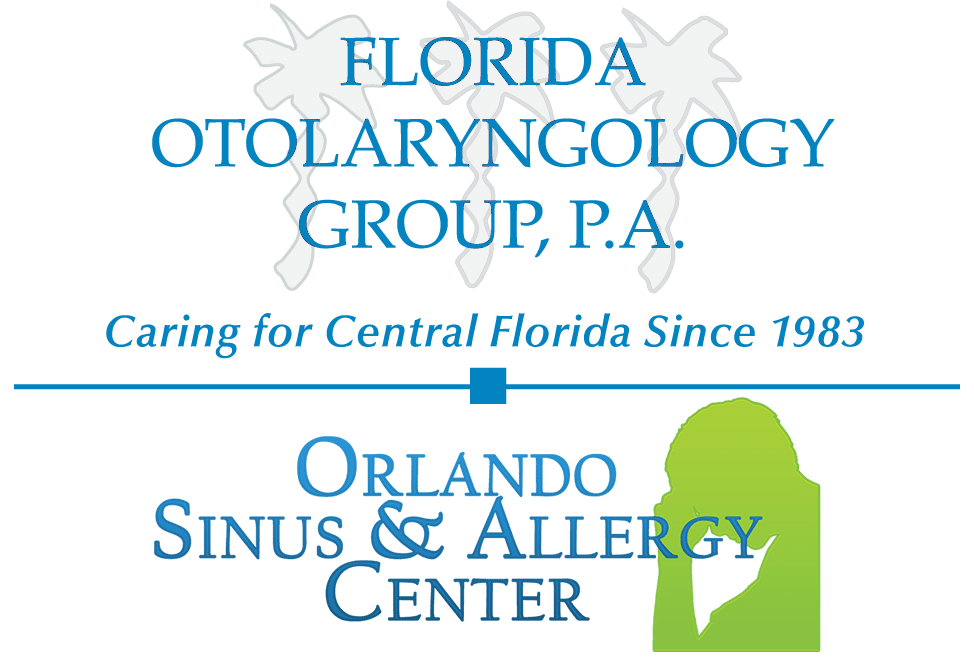Common Cold or Allergies vs. A Sinus Infection: The Differences to Look For & How to Treat Each One
Nothing is worse than waking up with a splitting headache, congestion, and a sore throat that leaves you feeling miserable. Your first immediate thought, beyond feeling awful, is likely to figure out how to treat and relieve your symptoms, but how do you know whether you’re suffering from a common cold, allergies, or a sinus infection? It can be a bit hard to differentiate between these three ailments, but each one does come with some key differences to examine.
The Common Cold: A Quick Onset & Physical Contact
The common cold is caused by a virus in your upper respiratory system which consists of your nose, mouth, throat, and lungs. You are likely to catch the common cold from direct physical contact with someone else who has the virus, or you may touch something that contains the germs such as a doorknob or money. You can also get it by breathing in the virus by inhaling droplets in the air that have come from someone who recently sneezed or coughed in the area. Here is what to look out for:
- Duration: the common cold has a quick onset, peaking in 1-3 days and lasting anywhere from 7-10 days in length.
- Symptoms: you can expect to have nasal congestion (stuffy nose) that contains a lot of thick, clear, or discolored mucus. You may experience a runny nose as well as sore throat, sneezing, coughing, fatigue, and headaches. A cold may trigger a low-grade fever, but if you have general aches and pains, watery or sensitive eyes, and a high fever, then this may be indicative of the flu.
- Treatment: fluids, rest, and over the counter medications for symptoms like headaches and nasal congestion (decongestants, pain medications, and anti-inflammatories).
A Sinus Infection: Duration Is Key Here
A sinus infection, also known as sinusitis, is a common ailment that sometimes requires an ENT specialist for antibiotic prescriptions. Your sinuses are air-filled cavities that are lined with moist mucous membranes which secrete mucus continuously. If your sinuses become inflamed from a virus or from bacteria, the mucus production increases clogs up your nasal passageways, and thickens, causing facial pressure and nasal congestion. What differentiates it from the common cold is the duration of the symptoms.
- Duration: a sinus infection typically lasts more than 10 days but less than 1 month. You may also spot sinusitis if you notice that your symptoms initially improve, but then worsen within the first 7 days. When this happens, you may have a bacterial infection that requires antibiotic treatment.
- Symptoms: you may expect significant nasal congestion with nasal discharge that may have a foul odor and is yellow or green in color. You may experience post-nasal drip where mucus drips down the back of your throat. Expect facial pressure in the middle area of your face (upper cheeks/underneath eyes) and aching in your teeth. You may also experience a tender face, coughing, bad breath, and a high-grade fever or worsening of symptoms when you lean forward or lie down.
- Treatment: decongestants, nasal sprays, antibiotics, sinus saline irrigation.
There are numerous conditions that can trigger sinus infections, including immunodeficiency, allergies, and nasal polyps.
Allergies: No Fevers & Pronounced Itchiness
When an allergen enters the body your immune system will discharge antibodies as a warning. Histamines and other immune system proteins are then discharged to attack the allergen causing the unpleasant allergic reaction. Common and usually harmless allergens include dust, animal dander, pollen, ragweed, and molds. In some cases, allergic reactions may be serious leading to anaphylaxis, for instance from insect bites and certain foods (e.g. peanuts, shellfish, etc.).
- Duration: most allergic reactions will develop quickly, anywhere from a few minutes, hours, to a few days. The duration depends on the severity of your reaction, and whether the allergy is life-threatening.
- Symptoms: you may have symptoms like sneezing, headaches, skin rashes, brain fog, watery/itchy eyes, scratchy throat, and a clear, runny nose with watery discharge. You should not develop a fever with allergies.
- Treatment: treatments include allergen avoidance, medications such as antihistamines, and immunotherapy like allergy shots to help desensitize you from the allergen.
Wrapping It Up
The easiest way to tell the difference between the common cold, allergies, and sinus infections is from the symptoms and duration that you experience. Key distinguishing factors include itchiness for allergies, facial pressure and yellow/green nasal discharge for sinus infections, and clear mucus and sore throats for the common cold. A cold will last upwards of 10 days, a sinus infection 10+ days to 1-month (longer if untreated), and allergies are dependent on the allergen (can be upwards of 6+ weeks).





